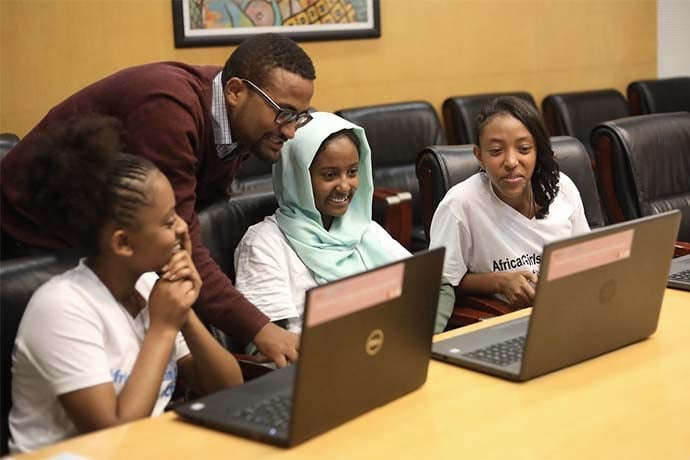
Have you ever read a You Too Can Code Python in 1 Week book? Books about learning programming are often too complicated and difficult to finish reading. They’re like a giant birthday cake when really all you want are a bunch of small cakes with fun details that you can easily eat one by one.
Python Programming for Beginners, a book by Patricia Foster, and published by Rockridge Press, is like a bunch of small fun tasty little cakes that, one by one, teach you the basics of programming in a friendly easy to understand way. For example, loops and variables could be highly technical and off putting. In this book, however, they’re taught in a simple easy-to-understand way. By the time you’ve finished each chapter, you have a good understanding of programming, Python, and related topics.
The concepts in each chapter are also described with activities that are easy, medium, and hard. You can evolve your understanding at your own pace. You don’t have to worry about all the activities being too difficult. The book teaches you the Python skills needed to create games, apps, and websites.
The book also neatly summarizes the different parts of software applications. For example, all software has inputs, outputs, math, conditional execution, and repetition. Explaining each of these parts makes it easy to understand the big picture and how pieces — like variables — fit into the overall parts of an application.
Once readers understand the parts of an application, then the book explains the different tools that are used in most or all programming languages. These tools include variables, data types and structures, conditionals, loops, and functions. And each of these tools are explained in fun easy to relate ways, for example, data structures are described as a refrigerator or lunch box that ensures no container is forgotten at the bottom of your backpack getting gross and stinky.
More important than learning a language, the book also explains how coders think. Programming is really about solving problems, both how to create efficient code and how to fix code that doesn’t work.
While I am biased because this book was written by one of our writers, this is a really good book for someone starting to learn any programming language. I’ve looked at and read many programming books and this book offers a very approachable fun way to learn programming.
Learn More
Python Programming for Beginners Book
Bookshop.org
Amazon
Barnes & Noble

